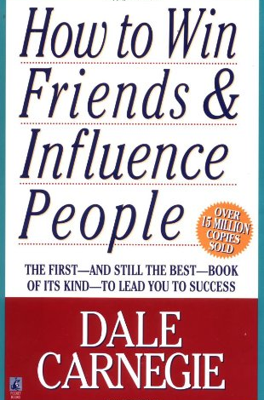If You Want to Gather Honey, Don’t Kick Over the Beehive
Key Concepts
Human Nature and Self-Perception: People rarely view themselves negatively, regardless of their actions. The chapter illustrates this through anecdotes of criminals like “Two Gun” Crowley and Al Capone, who saw themselves as misunderstood rather than malevolent.
Futility of Criticism: Criticism tends to be counterproductive, putting people on the defensive and leading them to justify themselves rather than consider change. Historical and political examples are used to emphasize how personal criticisms failed to influence individuals or resulted in negative outcomes.
Positive Reinforcement Over Punishment: Drawing on psychological studies, the author advocates for commending positive behavior to effectively encourage learning and improvement in both animals and humans.
Learned Lessons from History:
- Abraham Lincoln adapted his approach after an incident that nearly led to a duel, opting for silence over outward criticism or ridicule thereafter.
- Benjamin Franklin’s saying, "I will speak ill of no man... and speak all the good I know of everybody," emphasizes the value of speaking positively or not at all.
Practical Advice
Approaching Criticism Constructively: When needing to enforce rules or correct behaviors, approach individuals with questions or suggestions instead of direct criticisms, enhancing compliance and cooperation without resentment.
Self-Improvement Before Others: Focus on self-improvement as a more fruitful and less risky endeavor than trying to alter others - a sentiment supported by philosophical and moral perspectives throughout history.
Empathy and Understanding: Strive to understand the reasons behind people's actions. This empathetic approach fosters kindness, tolerance, and better interpersonal relationships.
Principle to Follow
- Principle 1: Don’t criticize, condemn, or complain. Opt for understanding and productive dialogues that foster positive interactions and self-reflection.
